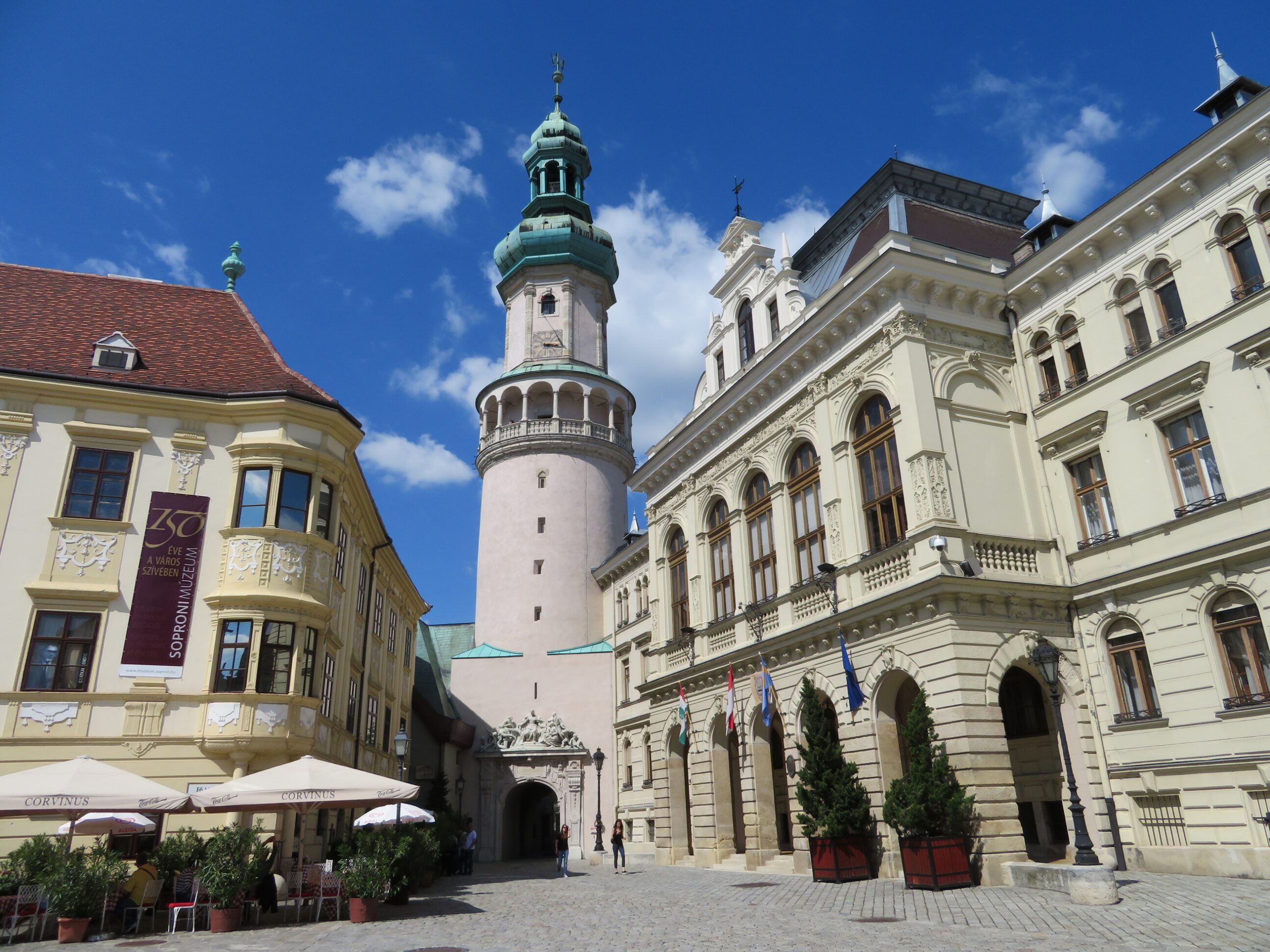Your basket is currently empty!

The Bard’s story IV : the exile
During the discussions, aperitifs, evenings at the refuge and other events that we did with the groups described in the previous article, I had the opportunity to make contact with expats. I had planned my first trip to Hungary in May 2017, but an anthology metal concert took me to Kiev with two friends in December 2016. We’d lost our luggage because of a mistake at Geneva airport, so we were “in underwear” for 3 days there, but never mind… On the spot, I met two fellow expatriates from France to Ukraine (I use the term comrade to define someone who is not necessarily a close friend, but who shares the same goals in life and has the same references as us). Let’s say their names were Nikolai and Ludwig. They weren’t present at the concert; in fact, Ludwig kept a public diary on the Internet describing his life there and I had contacted them.
This French-speaking duo extolled the virtues of a ‘proud country’, mono-ethnic and monocultural, without the syndrome of self-hate related for example to a military or colonial past (like in France or Germany), or to propaganda by NGOs (like in Switzerland, the ‘land of asylum’). They appreciated the safety of the streets; it must be said that Nikolai and Ludwig came from the worst suburbs of Paris, and that at school they were often the only Frenchmen in their class. They extolled the merits of expatriation – exile, or escape, they were more fond of saying – provided they kept a job working for a company in a Western country, as Ukrainian wages were too miserable. Incidentally, this was how a certain middle class in the country lived: by working as seasonal workers abroad for part of the year and building themselves a nice house back home with the wages they earned. Of course, women were their number one argument for coming: they were beautiful, not feminists, and family-oriented! Apart from the problem of immigration, they were worried about Europe’s demographic winter: without raising our fertility rate to 2, our peoples would quickly disappear, so it’s up to us to make 7 or 8.
So Nikolai and Ludwig begged all the men who had bitten their teeth on “the Magalie‘s (French female first name) of the West who don’t want children and can only cook pasta with ketchup” to leave immediately and go to the East, to buy a property in a remote and unspoilt region, and to come and live there, in the style of a Mennonite, working remotely for the West or “scraping by on unemployment income”. There’s a life after France, they used to say. They themselves were already in a relationship with “a Natasha and a Svetlana”, and were planning to have children as soon as possible. As you can imagine, Nikolai and Ludwig’s plans obviously fell through after a few years, and I never heard from them again: not only because even in these countries, you can’t live decently by “scratching” the French welfare system, but also because of the problems associated with settling in rural areas: even local Ukrainian women refused to move there, and there are a lot of scams in the Far East surrounding the real estate market. And of course, the war that started in 2022 sent all these people back to France, with their wives and children.
Little by little, my plans for exile began to take shape. I had met dozens of new people. Among them, strange people like this French duo in Ukraine, with quasi-religious plans to live self-sufficiently. But there were also more responsible people : fathers, and young working couples who had opportunities to be transferred to companies in the East, and who were aiming for the capitals: Prague, Budapest, Warsaw, Bucharest or even Sofia. I didn’t really fit into either category, but the idea of going to live in a country where the quality of life was better, services less expensive, human relations less complicated, and property more affordable, was growing on me. I didn’t have any friends left in Switzerland and I didn’t go out any more, whereas on the Internet, a whole community of determined good guys appeared, which I was to meet up there in whatever place of Central or Eastern Europe. An adventure was beginning. And for me, Budapest was the place to be at that time. Hungary’s musical culture, the administrative ease of settling there, and its proximity to Switzerland (an eleven-hour train journey) all drew me to the country. What’s more, as I saw myself surrounded by the enemy, on the lookout for the slightest politically incorrect word coming out of my mouth, I said to myself: “well, Lucius, Hungarian is a difficult language, it hurts the eyes to read it, but it can always be useful to master a secret language that nobody understands. Just in case. You never know.”
That’s how I set off in 2018, laden with four suitcases, to the promised lands of the Pannonia basin.